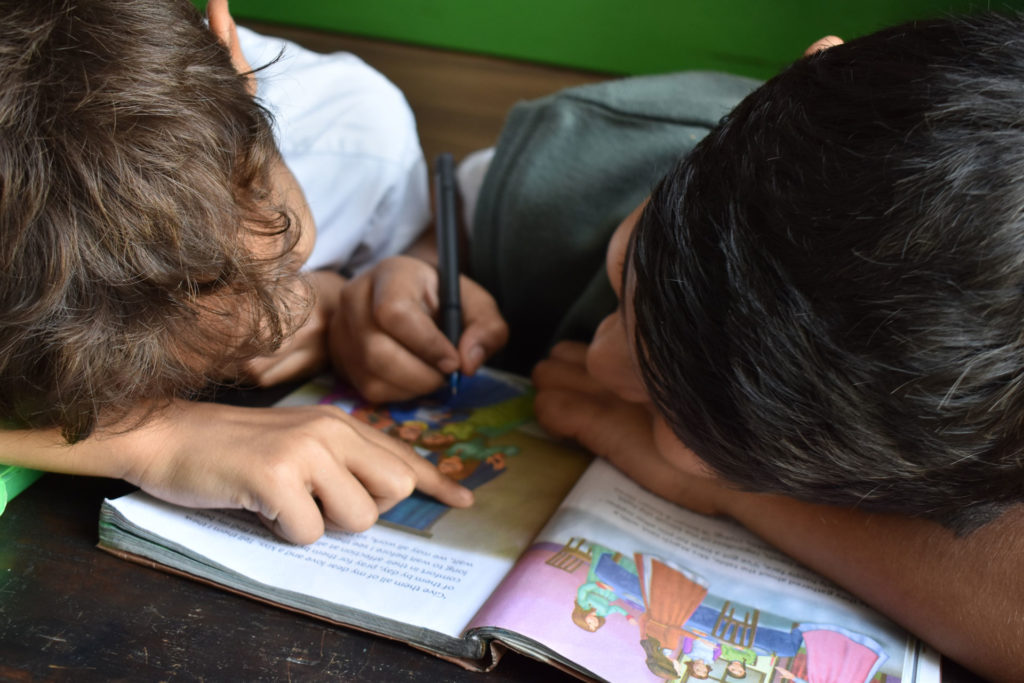With the chaos and concern about COVID-19 and schools being closed, here are a few ideas you can incorporate into your daily routine at home!
Sara Valle, Secretary for South Dakota Christian Home Educators, has been homeschooling for the last 10 years. Her three biggest pieces of advice are:
- “Don’t put too much pressure on yourself or your kids. This is new and in order to be successful in the long term, start slow, and work your way up to a full curriculum.
- When starting a new curriculum I have found it helpful to start one subject a week, master a way that works, and then start the next subject the next week, or the next day. Do not try to start too many new things all at once.
- Don’t compare yourself to others; do what works for you and stick to it despite what others think or say. Do YOU.”
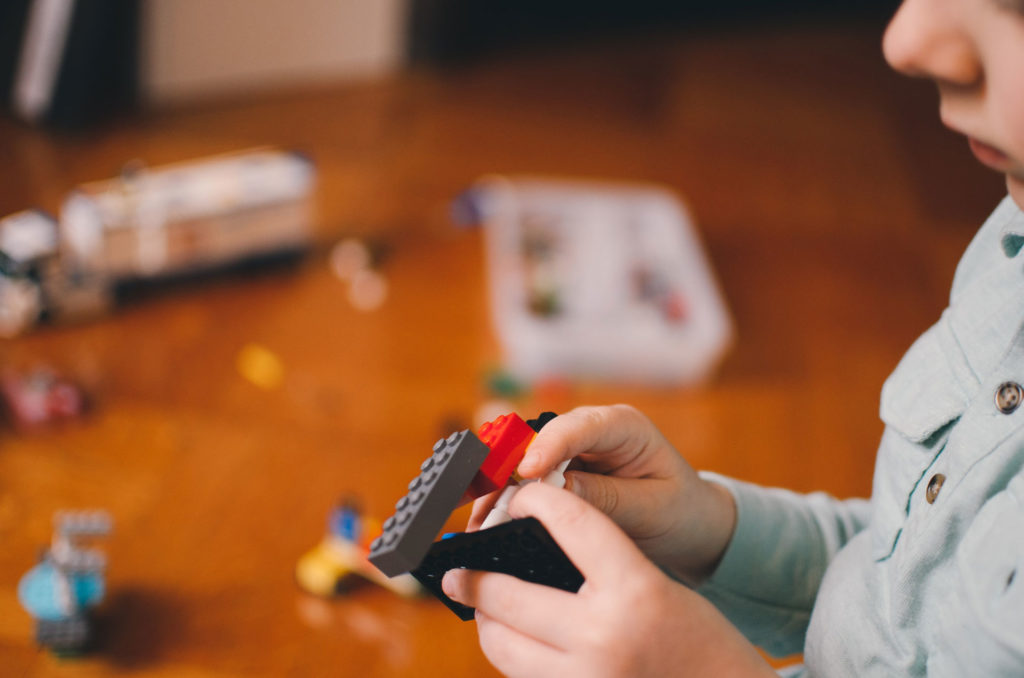
What Should Your Day Look Like?
It is important to keep the kids on a daily routine. Routines offer a sense of security and stability, can serve as great bonding time, establish expectations and create a calmer household.
Instead of fighting with your kids about having to pick up toys, put the electronics away. Enforce rules so your children begin to expect and complete activities without question. Maintaining a routine can also provide an opportunity to create teachable moments. For instance, with your children being at home during the pandemic, you can teach the importance of washing their hands or brushing their teeth.
Along with those benefits, routines and schedules help establish healthy, constructive habits. Routines have proven to help children later in life with time management and self-discipline.
Sara reminds parents, “Don’t be too rigid. Heavy schedules can be exhausting, so make a suggested schedule and revise what works and what doesn’t work for you.” Here’s a good basic daily schedule you can use and adapt to best fit your family needs!
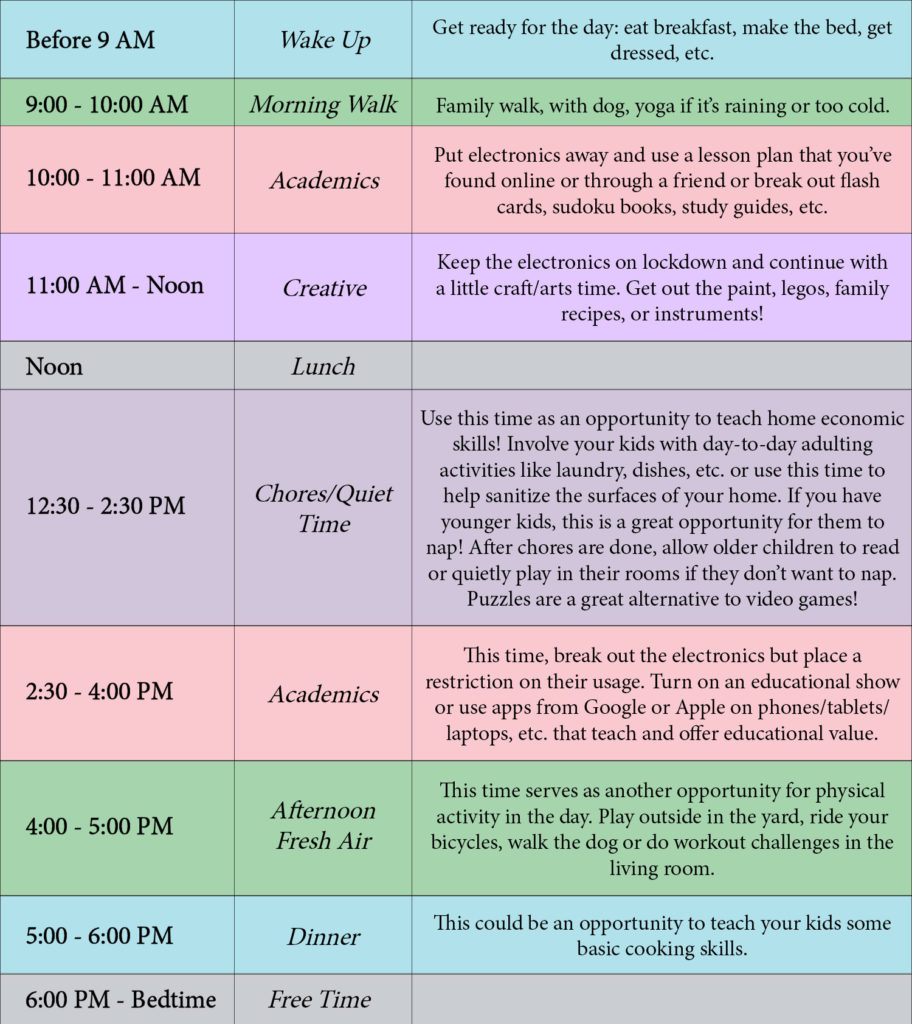
If they start getting restless in the coming weeks or you’re looking for something fun to do, try one of these virtual activities the whole family can enjoy!
- Spy on your favorite animals at the San Diego Zoo. The website also has fun activities and games that can be used in the afternoon academic time.
- Take a trip in a rocket ship and explore the mission of the Curiosity Rover on Mars.
- Discuss and admire art from the Louvre.
- Learn about operations on a farm and what goes into farming. “Immerse yourself in Canadian farm and food tours.”
- Travel across the world and explore the views from the Great Wall of China.
- Walk the three floors of the Boston Children’s Museum.
Looking for free educational websites? Here’s a list from the Kenadi Jean Weis Foundation.
👉 pbs.org
👉 Top Apps from Google & Apple
Tip: If your child’s school didn’t send work home, reach out to teachers and friends via email to seek help. You can also use apps or online resources for free lesson plans. There are also homeschooling communities in the Black Hills; they are another great resource! Some of the teachers in our community are very willing and ready to adapt using technology of the modern day! John Edwards, Evergreen Media’s creative director, shared that one of his child’s teachers has been very responsive to email and has even sent out a video of her reading a story for her class.
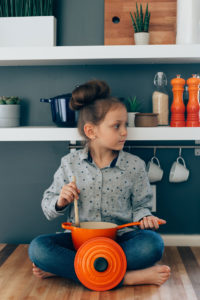
Alternative Learning Opportunities
Give your kids a break from the scholarly academics and participate in fun activities that teach important life skills.
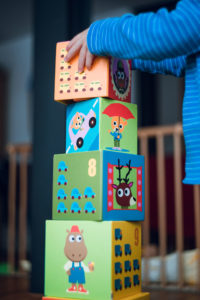
Play board games. There are plenty of board games that incorporate life lessons within the dice rolls or character moves. Monopoly, for example, is a great game for counting and learning to budget. Even early on, lessons on saving and spending are important to teach for financial responsibility.
Perform Science Experiments. There are tons of YouTube channels and videos available that are fun and educational. “We usually do one a week,” Sara explains. “I have the kids make a list of what they are interested in and then we do them.” Do you remember making volcanoes as a kid or homemade ice cream? Break out the old classics for a fun afternoon in the kitchen.
WORDS BY SARAH RICHARDS

